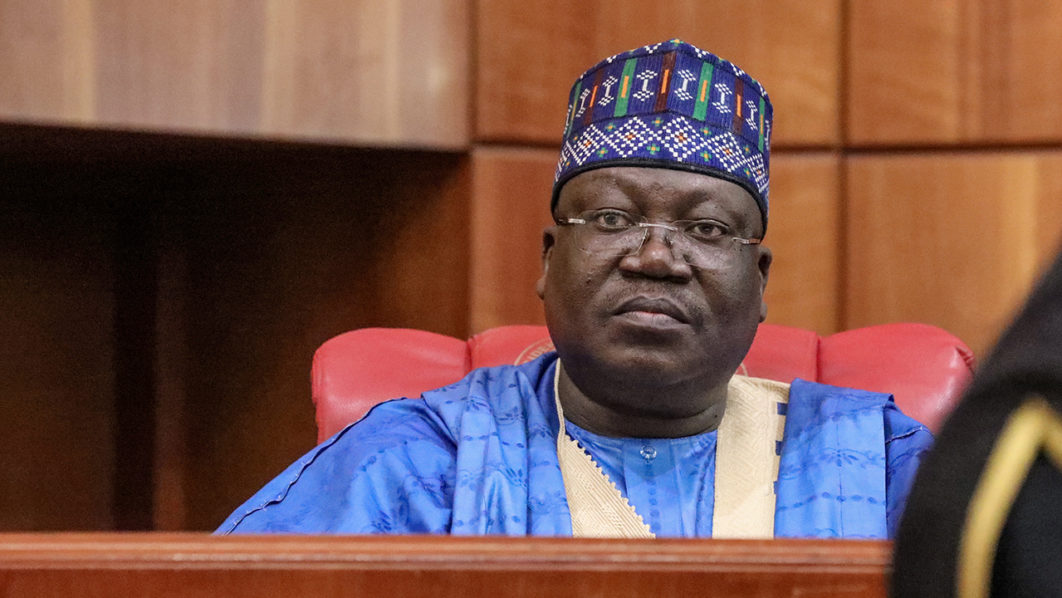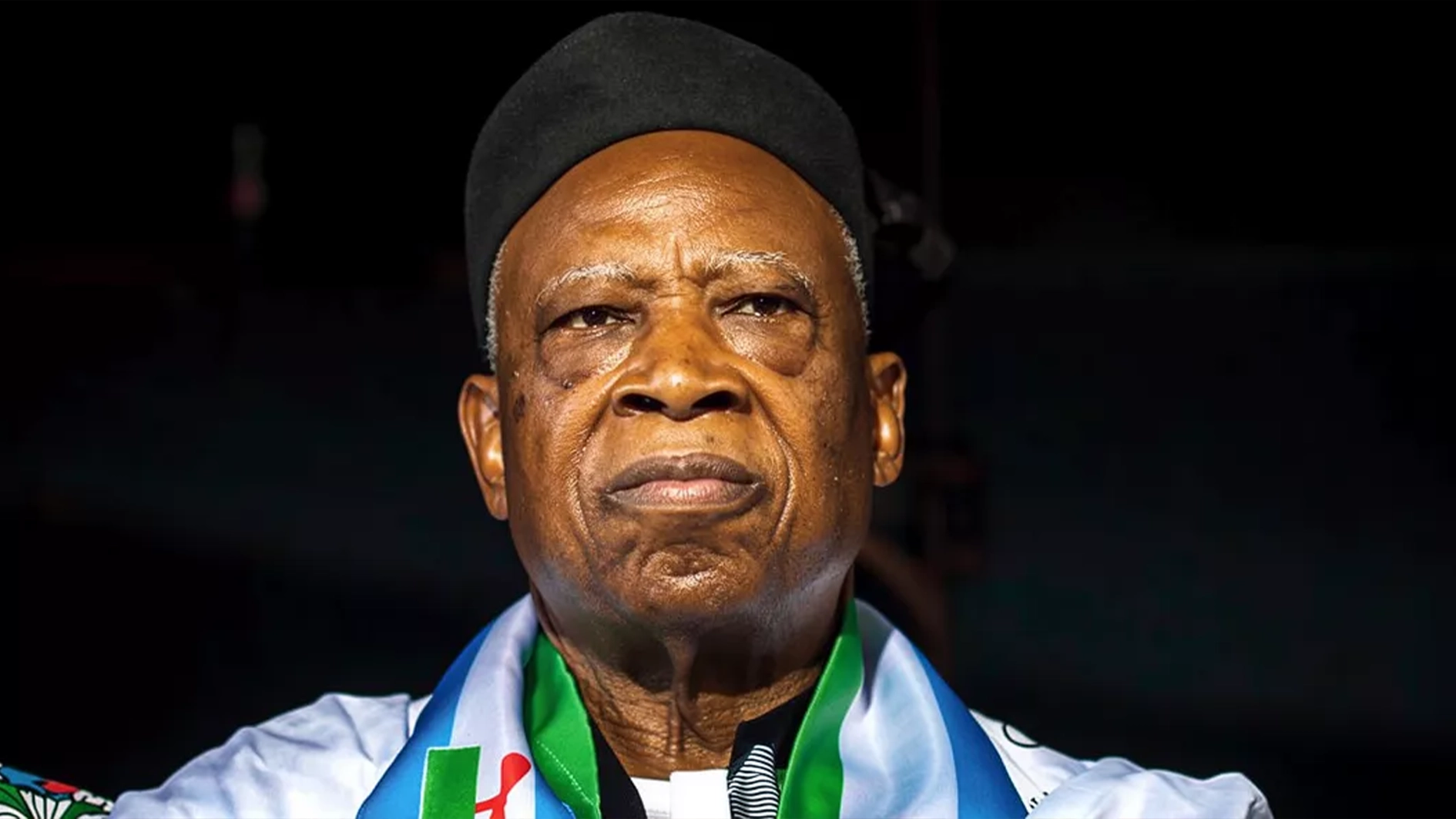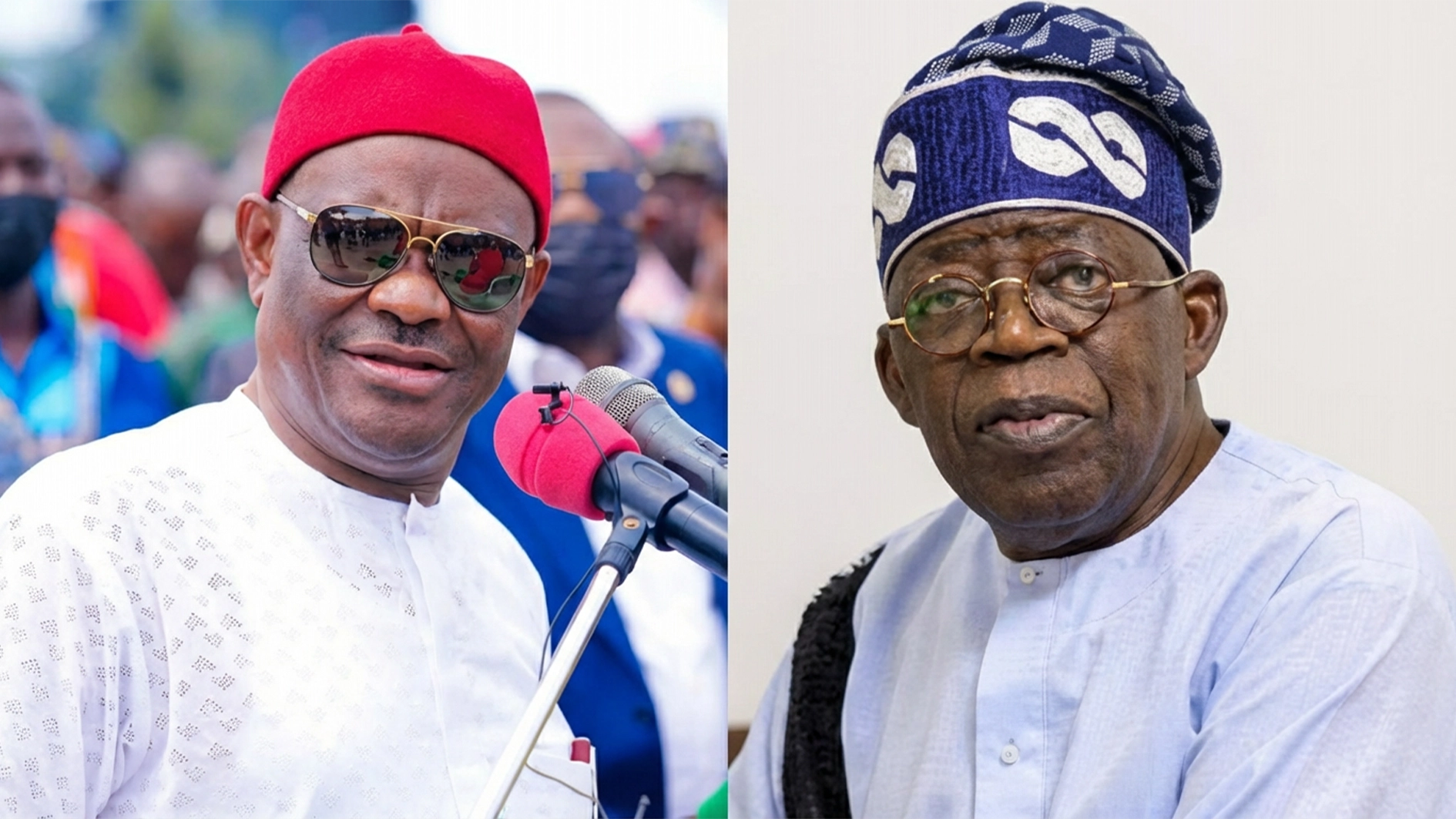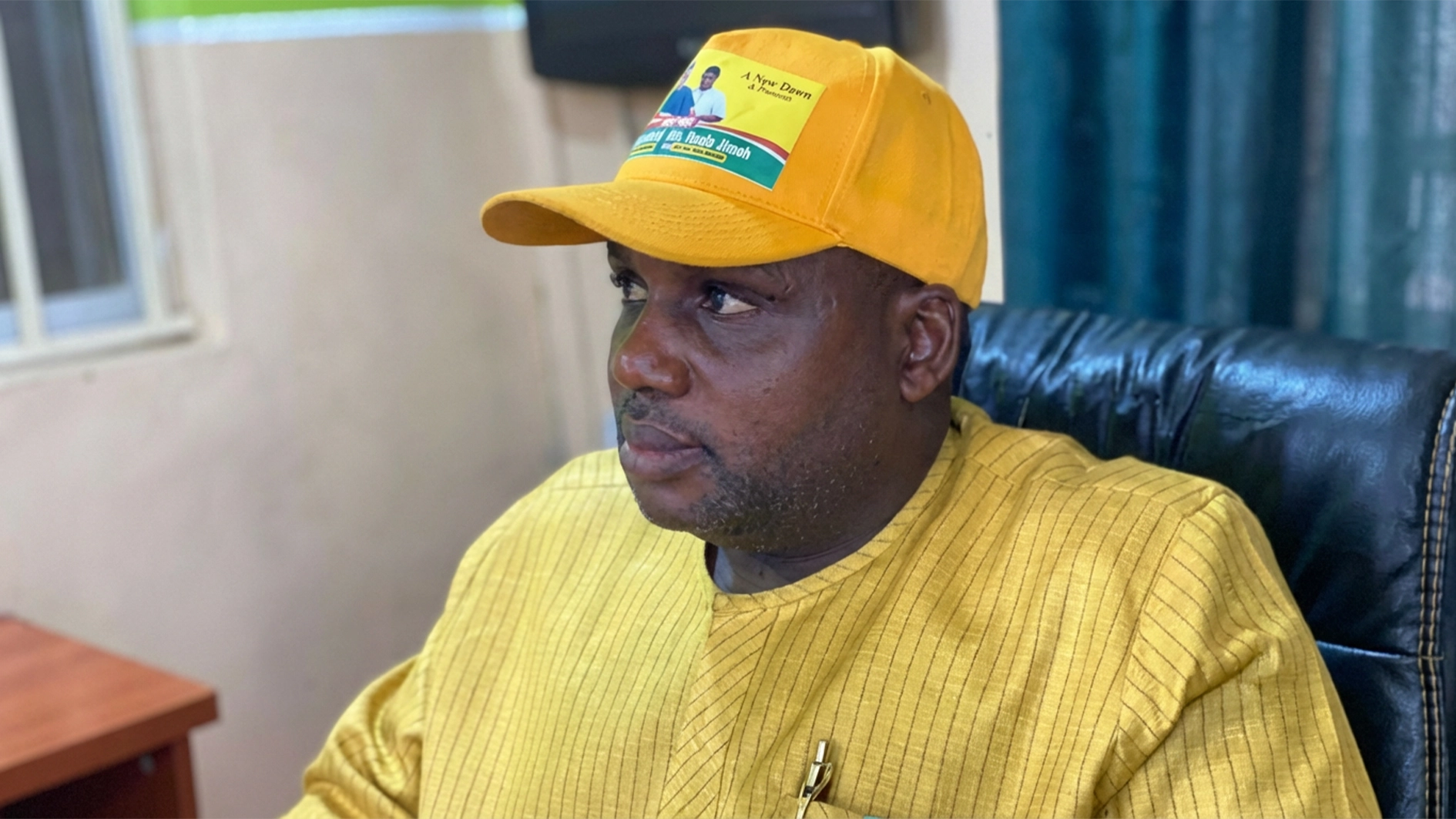
The need for Nigeria to restructure its political economy has continued to dominate national discourse since country returned to constitutional democracy. And although calls for restructuring often re-echo with varying pitches in the six geopolitical zones, it has always formed the subject of debates before and after every election cycle since 1999.
Surprisingly, even when attempts to restructure the country have not yielded fruit, the failure has not dampened the calls for restructuring. When national conferences held, it was either the participants could not arrive at a conclusion or that the executive failed to implement core resolutions reached during the conference.
Then there are those who believe that the National Assembly should use its legislative powers and privileges to amend such sections of the constitution that would promote true federalism. Yet, that has not yielded fruits, because constitution amendment committees’ outcome often end in crisis or the larger house of lawmakers rejected the sections slated for amendment.
The last legislative attempt aimed at restructuring was in 2017 when some Constitution amendment bills were sponsored to actualise devolution of powers from Federal Government to States. That effort failed due largely to lack of mutual trust among legislators from across the regions.
When the devolution of power concept was rejected three years ago, many observers said it failed due to base sentiments of ethnicity and regionalism. By then, the former Deputy President of the Senate, Ike Ekweremadu, was in charge of the Senate Committee on Constitution amendment.
After months of deliberation particularly on devolution of powers to states, the Ekweremadu committee recommended for the Second Schedule Part I & II to be amended so as to move certain items from the Exclusive to the Concurrent Legislative List, to give more legislative powers to states. It also delineated the extent to which the federal legislature and state assemblies could legislate on those items on the Concurrent Legislative List.
However, on the day of voting, out of the 95 senators, 56 voted yes, while 48 voted nay with one abstention. With that, the proposal failed to meet the 2/3 requirement to pass through the process. On Land Use Act, which was another key aspect of restructuring, the committee’s recommendation sought to delete the Land Use Act from the Constitution so that it can be subject to the regular process of amendment. This was equally rejected.
All subsequent efforts to re-present the devolution of powers matter to the National Assembly for reconsideration proved abortive until the 8th National Assembly lapsed.
Currently, some Senators seem convinced that the present structure would need serious ‘surgical operation’ to return Nigeria to the dreams of her founding fathers.
New Thinking
The key questions of heavy dependence on the dwindling economic resources of the Federal Government by other tiers of government is said to have become the subject matter of serious concerns among some legislators, who believe that the task of making amends was not beyond the National Assembly.
The recent adoption of Doctrine of Necessity by the leadership of All Progressives Congress (APC) to address the intractable crisis within the party’s National Working Committee (NWC) has opened up discussions about the possibility that Nigeria could as well use such interventionist approach to solve the puzzles hindering constitutional review of those impediments.
Similar path was toed in 2010 when President Umaru Musa Yar’Adua embarked on what later turned out as his last medical trip overseas without handing over to his then Vice President, Dr. Goodluck Jonathan, as Acting President, thereby averting what would have been a major constitutional crisis and anarchy.
With these examples, and considering the prevailing dilemma in the country over restructuring, will the doctrine of necessity be a way out as obtained in 2010 and in the APC example?
Chairman of the Senate Committee on Judiciary, Human Rights and Legal Matters, Senator Opeyemi Bamidele, told The Guardian that although the National Assembly has the natural and constitutional powers to amend the Constitution for any major structural reform, it must be carried out in strict compliance with the letters and spirit of the Constitution.
Bamidele remarked that nothing could be achieved, unless the proper understanding of relevant stakeholders is intact. He said although the concept of ‘Doctrine of Necessity’ could be applied to resolve critical issues requiring urgent solutions, adding that the National Assembly if convinced on anything, can address such through the alteration of the Constitution.
His words: “Nothing is too much for us as members of the National Assembly to achieve within the Constitution and the law. My colleagues are very desirous of making sure that Nigeria’s challenges, particularly those arising from inherent faults in the system, are remedied. But the question of ‘Doctrine of Necessity’ may be a bit out of it.”
On his part, Elder statesman, Mallam Tanko Yakassai, argued that the quest for restructuring couldn’t be actualised through the application of the doctrine of necessity. He urged those clamouring for the country’s restructuring to explore the 1999 constitution, as amended, to achieve the goal.
Yakassai, a former National Assembly liaison officer to the late President Shehu Shagari in the second republic, strongly believes that there was no way the country would be restructured in view of its complex nature.
According to him: “You cannot apply the doctrine of necessity to restructure the country by fiat. You must consult widely. The trouble is that nobody has come out to say what restructuring actually means, what will be the character of the state called Nigeria.
“Is it to dismember Nigeria or create additional states or alter the constitution? Even if you talk about six geopolitical zones, which is well thought out, the problem is, if you return Nigeria from 36 states to six geopolitical zones, which power are you going to use to collapse the states into six geopolitical zones.
“This is a very serious issue, because the people you are going to collapse must agree to live with one another. We are lucky that the idea of six geopolitical zones has been accepted, but it can only work if you abolish the 36 states.
“To restructure you have to change the constitution, but from what to what, those are the issues being avoided, because those pushing the agenda who feel they don’t want to offend anybody because they know that if they say they are going to change the character of the constitution, they will not go anywhere.
“I am not in support of military rule anytime, but that was the best opportunity we had to restructure the country by fiat. If the military had done that, we won’t be talking about restructuring today. Instead they were more preoccupied with grabbing power, making money and enjoying themselves with members of their family.
“If you must collapse the 36 states into six regions, there is no way you will get the support of the National Assembly, because of competing interests. It might be easier with monolithic states in the North West geopolitical zone, where we are all Hausa-speaking people.
“Even at that, I don’t see the man in Sokoto, Kebbi and even Kaduna states agreeing to collapse everything into one. The scenario is worse in heterogeneous zones like the South-South, where I am sure the competing ethnic groups will prefer the present 36 states arrangement than to be collapsed into a zone under the rule of a dominant group.”
Former second republic minority leader in the House of Representatives, Dr. Junaid Mohammed, warned against circumventing laid down rules to restructure the country, stressing that the doctrine of necessity couldn’t be applied on a matter as sensitive as restructuring.
He stated: “First and foremost, Nigerians have to be very careful about what they wish for. They have to be careful by invoking doctrine of necessity. That doctrine is not part of our constitution. It is not even part of the legal tradition and principles inherited from the British.
“We have to be very careful, because the situation in the APC as a party is not the same with restructuring the country. What occurred in the APC was in breach of the party’s constitution. Oshiomhole would have succeeded in court, if he had challenged NWC’s dissolution.
“The doctrine of necessity was applied under the Yar’ Adua regime, because there was a vacuum at the top that must be filled. Oshiomhole’s case was purely a party affair. They cannot be taken together as if they are the same issue.
“We have to be very careful. Virtually everybody you hear talk about restructuring has one specific idea in mind. For example, those people from the southeast are demanding restructuring because to them with restructuring the region would have additional state.
“True federalism is nothing, but a slogan. And once you accept to have a country, there must be certain responsibilitiies. In doing so, it must be enshrined in the constitution the kind of revenue allocation that allows for people to have a sense of belonging.
“The idea of true federalism when it suits you, and then abuse it with contempt when it doesn’t favour you, is neither here nor there. Nigeria itself, let alone, its component parts were not a creation of Nigerians. It was an inheritance from the British colonial administration.
“If you want to invoke the doctrine of necessity, I want to see who is going to invoke that doctrine. Buhari? I haven’t seen him doing the best expected from a normal leader, who will rule a country out of crisis.
“Which among the crises in the economy, politics, security has he tackled successfully? And you are asking that same person to think out of the box and use the so-called doctrine of necessity to give you a new constitutional order. I think we are deceiving ourselves. We are not being sincere.”






